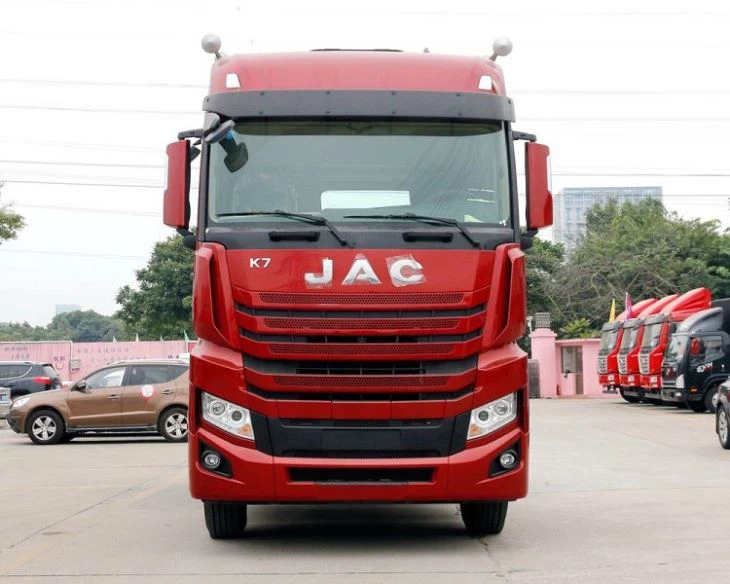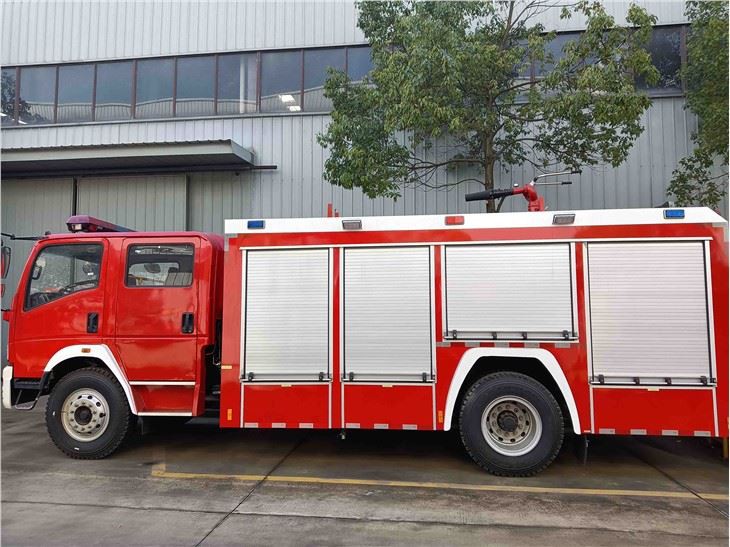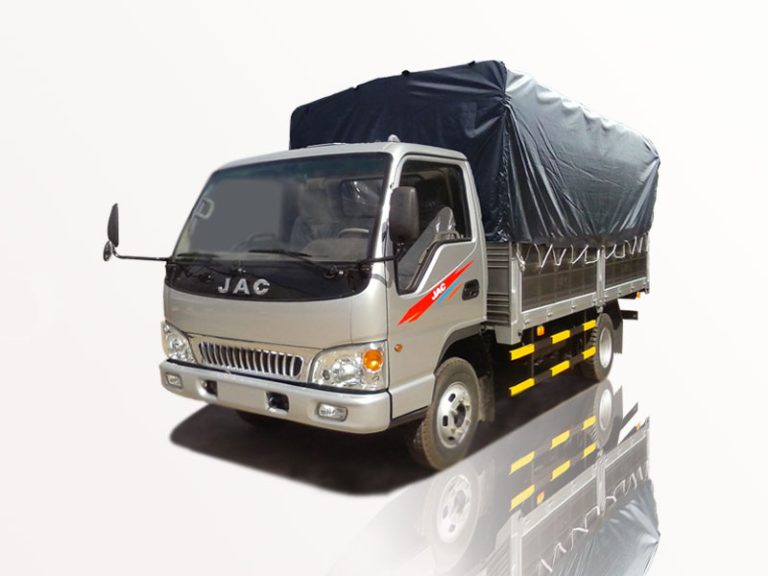Introduction
When it comes to managing waste efficiently, both businesses and homeowners face challenges related to debris removal and recycling. One solution to simplify waste management is the roll off dumpster compactor. This article will explore what roll off dumpster compactors are, their benefits, and how to choose the right one for your needs. We will also examine their applications in various industries, provide practical tips on usage, and answer common questions related to roll off dumpster compactors.
What is a Roll Off Dumpster Compactor?
A roll off dumpster compactor is a type of waste container designed for high-density waste removal. Unlike traditional dumpsters that simply hold waste, compactors compress the waste inside the container, allowing more material to be stored. This feature not only maximizes the space within the dumpster but also reduces the frequency of pickups required, making it a cost-effective solution for managing waste.
How Roll Off Dumpster Compactors Work
Roll off dumpster compactors operate using a hydraulic or mechanical compaction system. When waste is loaded into the unit, the compaction mechanism compresses the materials together, effectively decreasing their volume. This allows businesses to store more waste at once, optimizing both space and disposal costs.
Benefits of Using Roll Off Dumpster Compactords
1. Space Efficiency
One of the primary benefits of using a roll off dumpster compactor is the space efficiency it offers. By compressing waste, these compactors maximize the available space, allowing users to dispose of larger amounts of waste without requiring additional containers.
2. Cost Savings
Cost savings are another significant advantage. Since these compactors hold more waste, businesses can reduce the number of pickups needed, leading to lower disposal fees over time. Fewer pickups also result in reduced vehicle wear-and-tear and lower fuel costs.
3. Environmental Benefits
Compacted waste is easier to transport and can reduce the carbon footprint associated with disposal. Additionally, many compactors are equipped with features that separate recyclables, further promoting environmental sustainability.
4. Improved Safety
Roll off dumpster compactors can enhance safety on job sites by reducing the risk of accidents associated with loose debris. With materials securely contained and compacted, the workspace remains cleaner and safer for workers.
Applications of Roll Off Dumpster Compactors
1. Construction Sites
Construction sites are prime locations for roll off dumpster compactors. These areas generate significant amounts of debris, including concrete, metal, and wood. Using a compactor reduces the volume of waste that needs to be removed, making cleanup faster and more efficient.
2. Retail and Commercial Businesses
Retail and commercial businesses produce various waste types, including packaging materials and expired products. Roll off dumpster compactors help manage waste more effectively, allowing for less frequent pickups and a cleaner storefront.
3. Manufacturing Facilities
Manufacturing environments often have heavy and bulky waste products. Roll off dumpster compactors are ideal for these settings, as they can handle large volumes and weights, ensuring proper disposal while saving space.
4. Municipalities
Many municipalities implement roll off dumpster compactors as part of their waste management systems. These compactors can serve public parks, events, and community programs, ensuring waste is managed efficiently for city cleanliness.
Choosing the Right Roll Off Dumpster Compactor
1. Assessing Your Needs
Before choosing a roll off dumpster compactor, assess your waste management needs. Consider factors such as the type of waste generated, the volume of waste, and how frequently waste is collected.
2. Size Matters
Roll off dumpster compactors come in various sizes. Choose a size that aligns with your predicted waste output to ensure efficiency and avoid overfilling, which can hinder the compaction process. A popular choice is the 20-yard compactor, which typically suits most mid-sized projects.
Table: Common Sizes of Roll Off Dumpster Compactors
| Size (Yard) | Volume (Cubic Feet) | Typical Use Case |
|---|---|---|
| 10 | 60 | Small renovations or home cleanouts |
| 20 | 120 | Medium construction projects, small businesses |
| 30 | 180 | Larger commercial projects or job sites |
| 40 | 240 | Major construction or industrial applications |
3. Materials and Features
Different roll off dumpster compactors are designed to handle specific types of materials. Ensure the model you select is suitable for the waste types you will be dealing with. Additionally, look for features such as lockable lids, wheels for portability, and safety mechanisms for added convenience.
4. Rental vs. Purchase
Decide whether renting or purchasing a roll off dumpster compactor is more suitable for you. Renting is ideal for short-term projects, while purchasing may be more financially viable for long-term operations. Evaluate your budget and frequency of use to make the most informed decision.
Best Practices for Using Roll Off Dumpster Compactors
1. Sorting Waste
When loading a roll off dumpster compactor, it’s best to sort waste into categories such as recyclables, organic material, and general waste. This simplifies the disposal process and helps in promoting recycling initiatives.
2. Avoiding Overloading
Always adhere to the maximum load capacity of your compactor. Overloading can lead to mechanical issues or make waste removal difficult. Always check the specific weight limit provided by the manufacturer.
3. Regular Maintenance
To ensure the longevity of your roll off dumpster compactor, perform regular maintenance checks. This includes inspecting hydraulic systems, checking for leaks, and ensuring that the compaction mechanism operates smoothly.
4. Educating Users
If the compactor will be used by multiple individuals, educate them on how to use it effectively. Provide training on proper loading techniques, safety protocols, and the importance of sorting waste.
Cost Considerations for Roll Off Dumpster Compactords
1. Initial Investment
The cost of purchasing a roll off dumpster compactor can vary based on the size and features. Smaller models may cost around $5,000, while larger units may exceed $30,000. Rental fees typically range from $200 to $800 per week, depending on the compactor size and rental duration.
2. Ongoing Costs
Ongoing costs include maintenance, transportation, and landfill fees. It’s essential to factor in these expenses when calculating the overall cost of owning or renting a compactor.
3. Potential Savings
Investing in a roll off dumpster compactor can lead to savings on disposal fees, fewer pickups, and reduced labor costs. Consider these factors when analyzing your budget and potential return on investment.
FAQ Section
1. What types of materials can be compacted in a roll off dumpster compactor?
Roll off dumpster compactors can handle a variety of materials, including construction debris, general waste, yard waste, and recyclables. It is crucial to consult the manual for any restrictions on specific materials.
2. How often should I empty my roll off dumpster compactor?
The frequency of emptying your compactor depends on the volume of waste generated. Businesses with high waste output may need to have their compactors emptied weekly, while others might be fine with monthly service.
3. Can I use a roll off dumpster compactor for hazardous waste?
No, hazardous waste requires special handling and disposal methods. You should never place hazardous materials in a roll off dumpster compactor. Contact local waste management authorities for hazardous waste disposal.
4. Do I need a permit to place a roll off dumpster compactor on my property?
In most cases, you may need a permit if the compactor will be placed on public property or significantly obstruct traffic. Check with your local government for specific regulations and requirements.
5. How long does a roll off dumpster compactor last?
With proper maintenance, a roll off dumpster compactor can last anywhere from 10 to 20 years, depending on usage and care. Regular inspections and maintenance will extend its lifespan.
6. Is it better to rent or buy a roll off dumpster compactor?
Choosing to rent or buy a roll off dumpster compactor depends on your specific needs. Renting is ideal for one-time projects, while purchasing is better for ongoing usage. Evaluate your waste management requirements to make the best choice.


